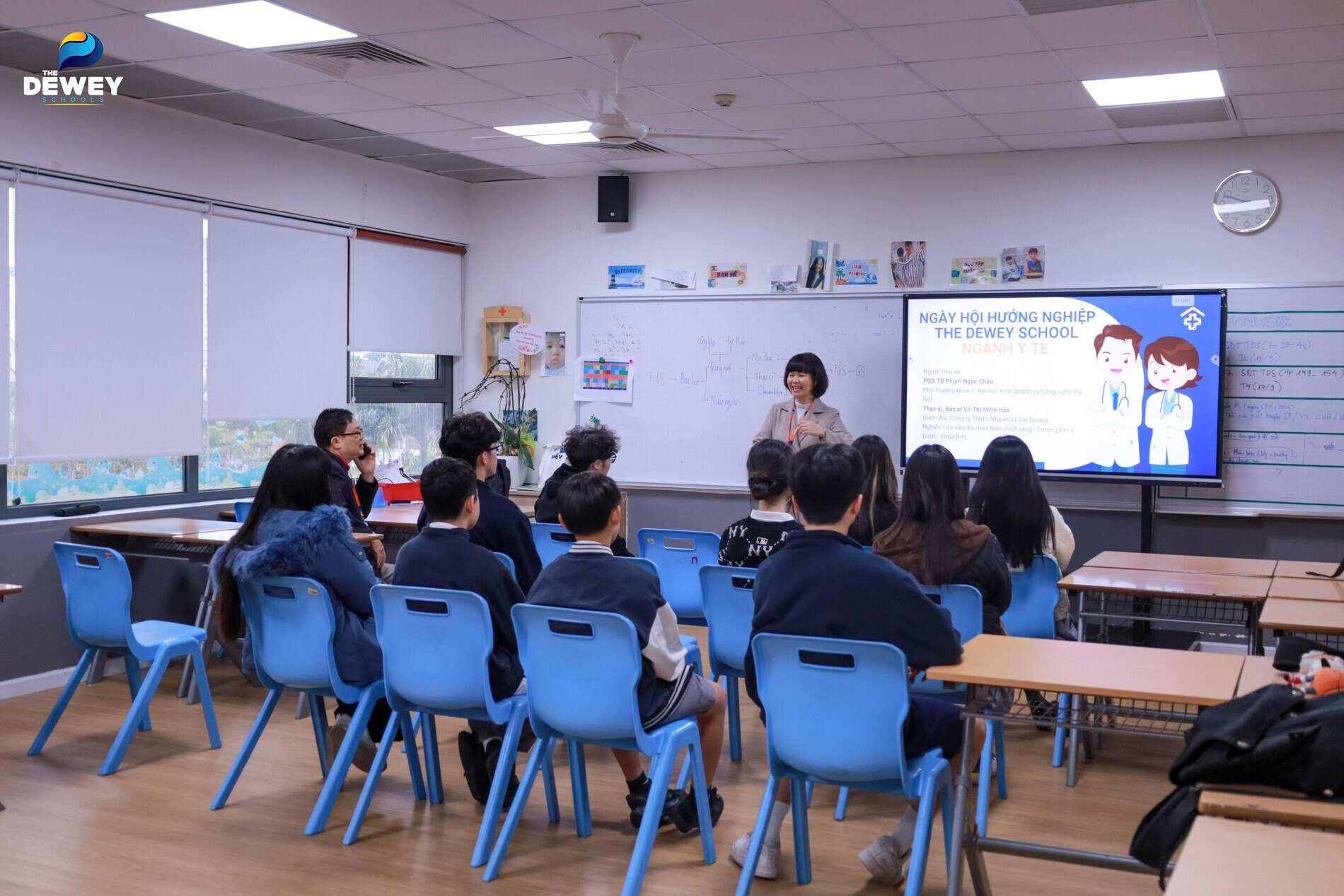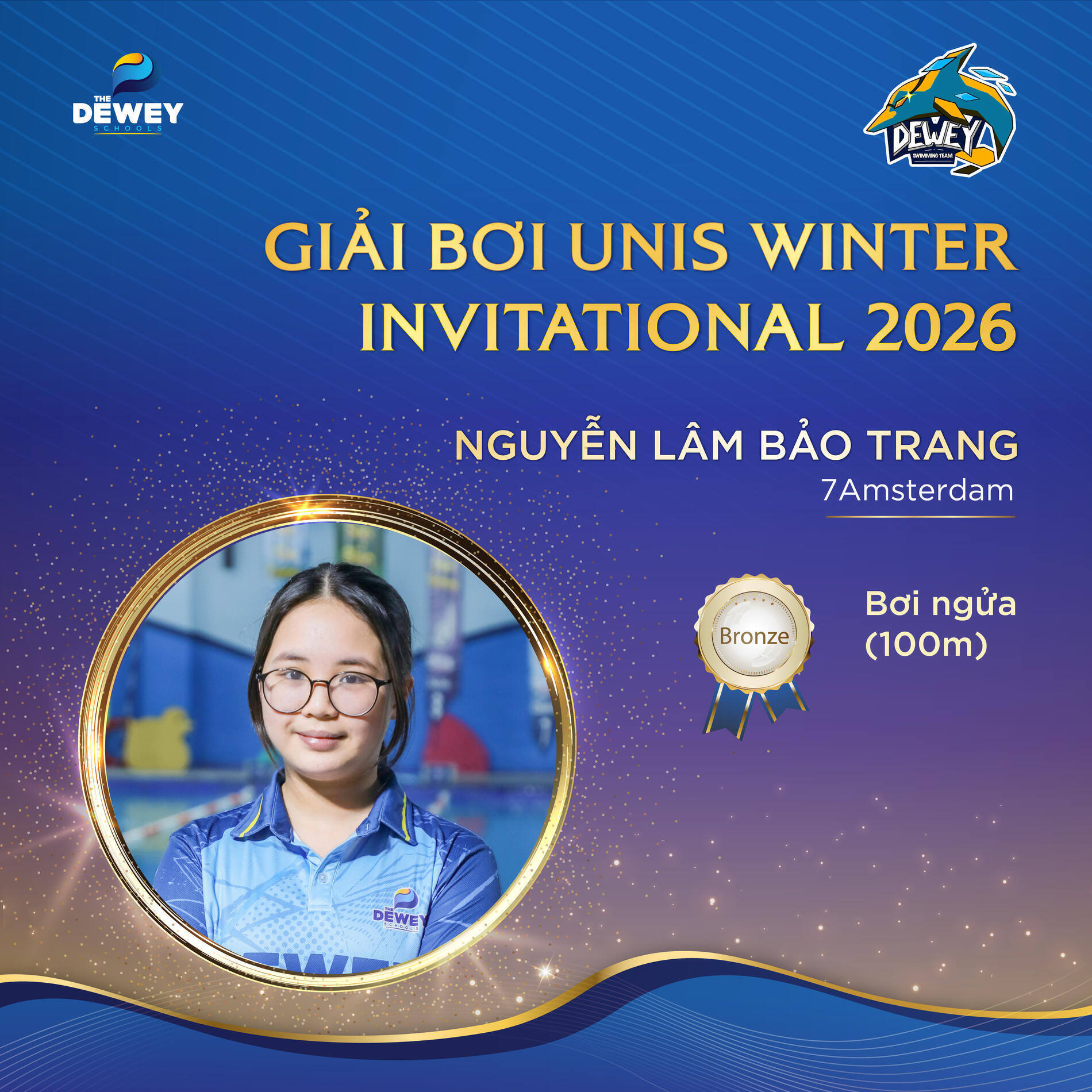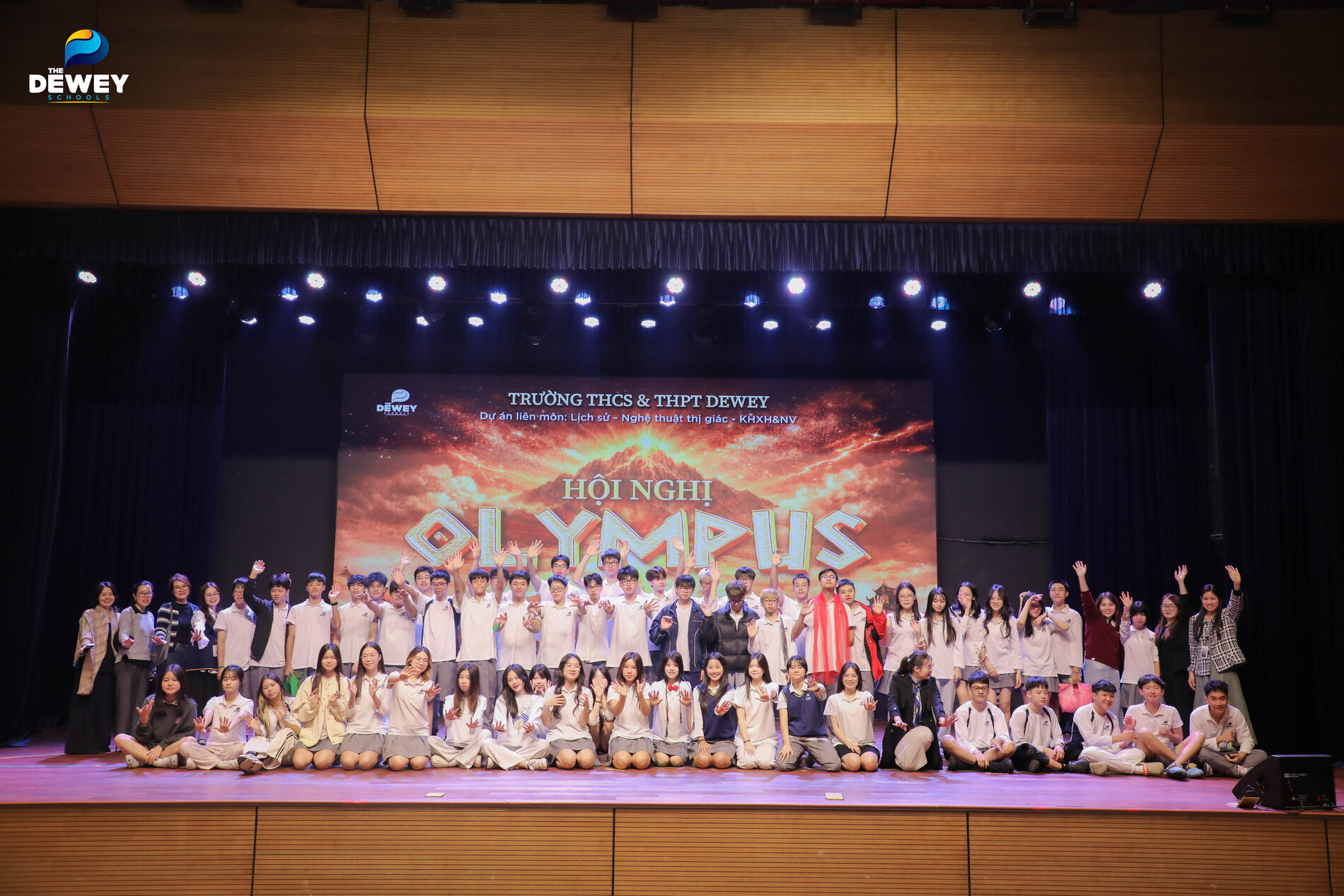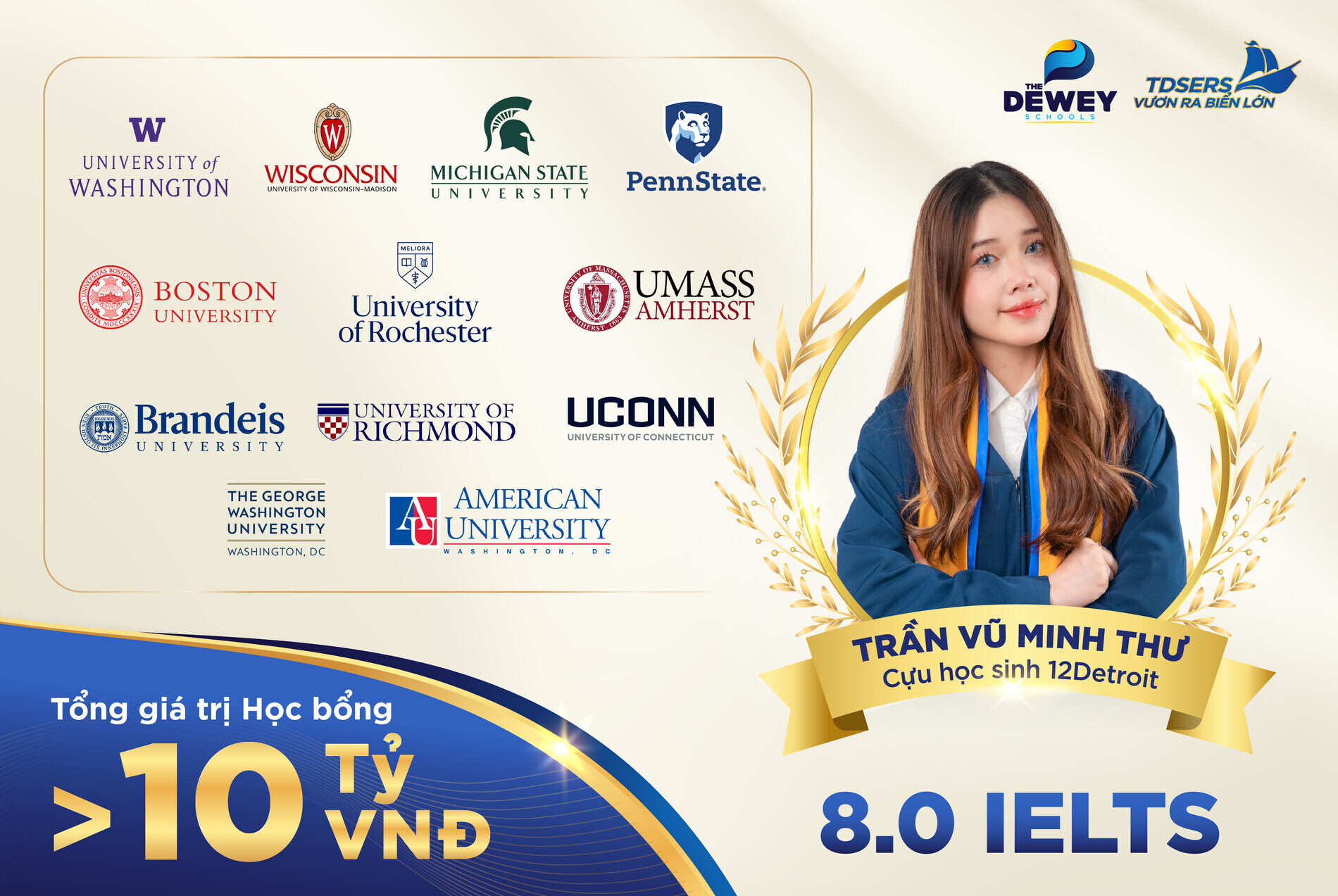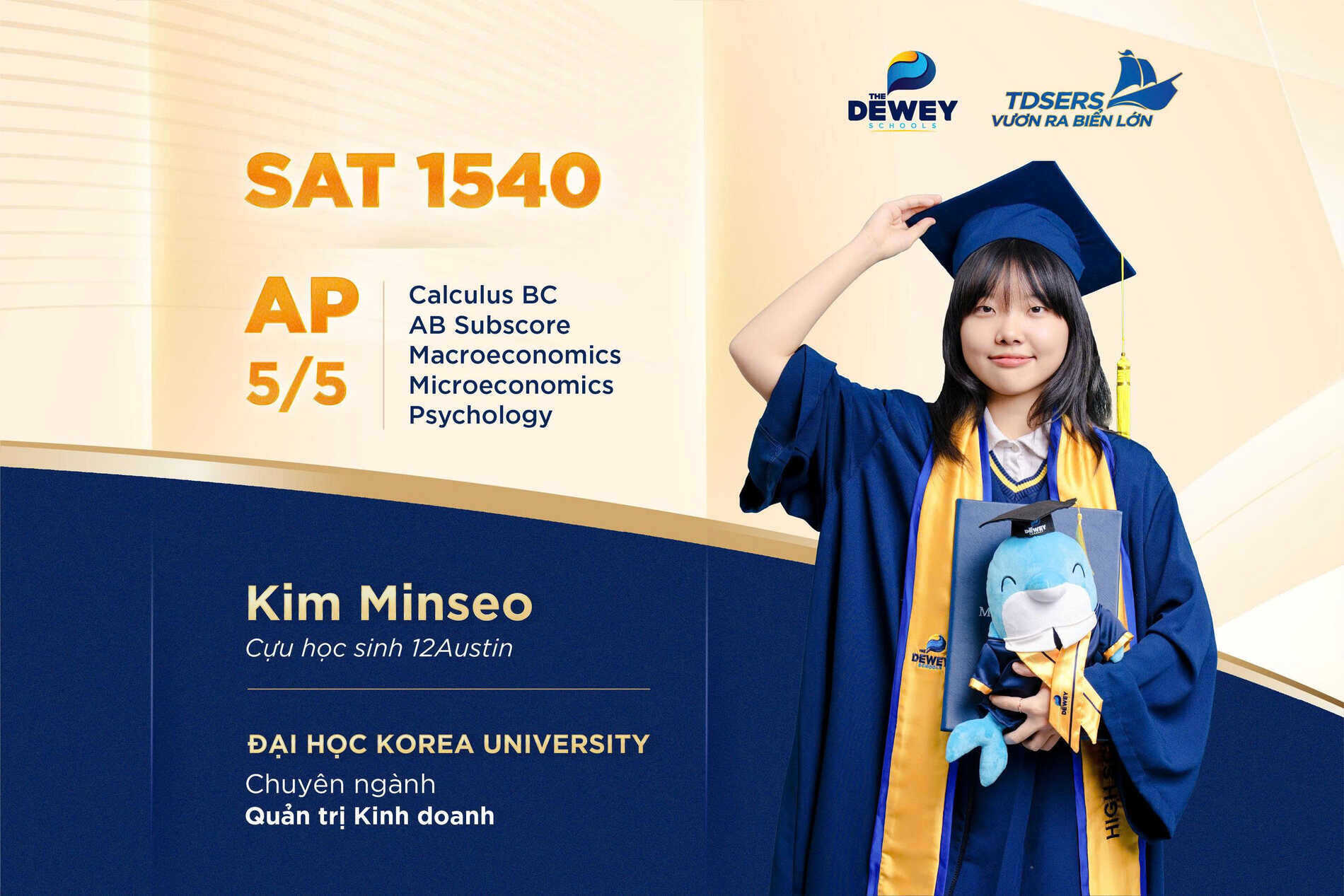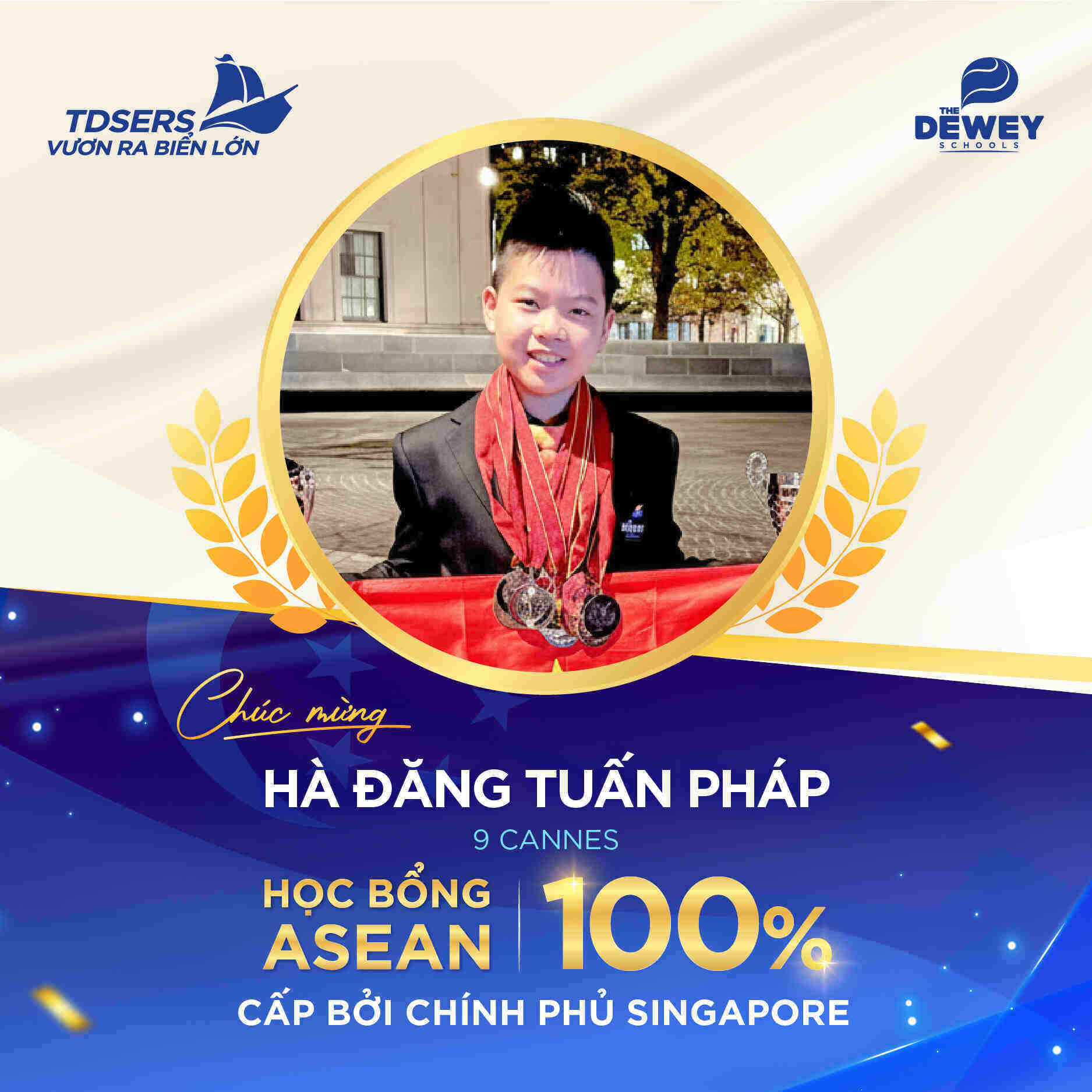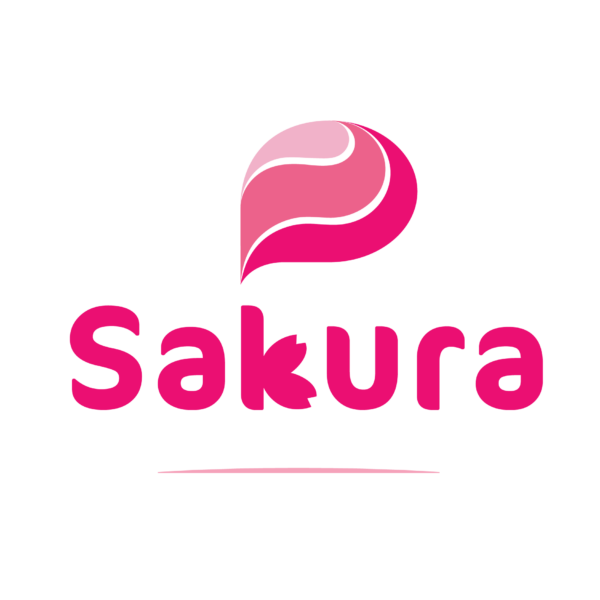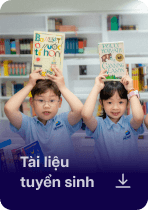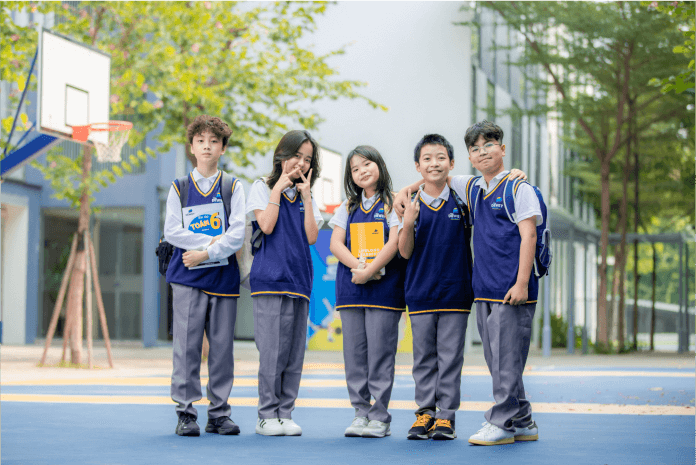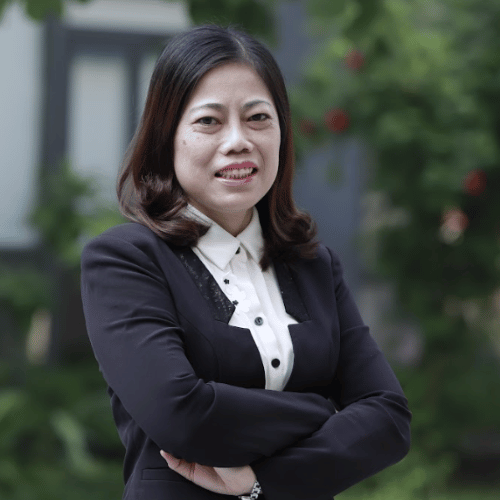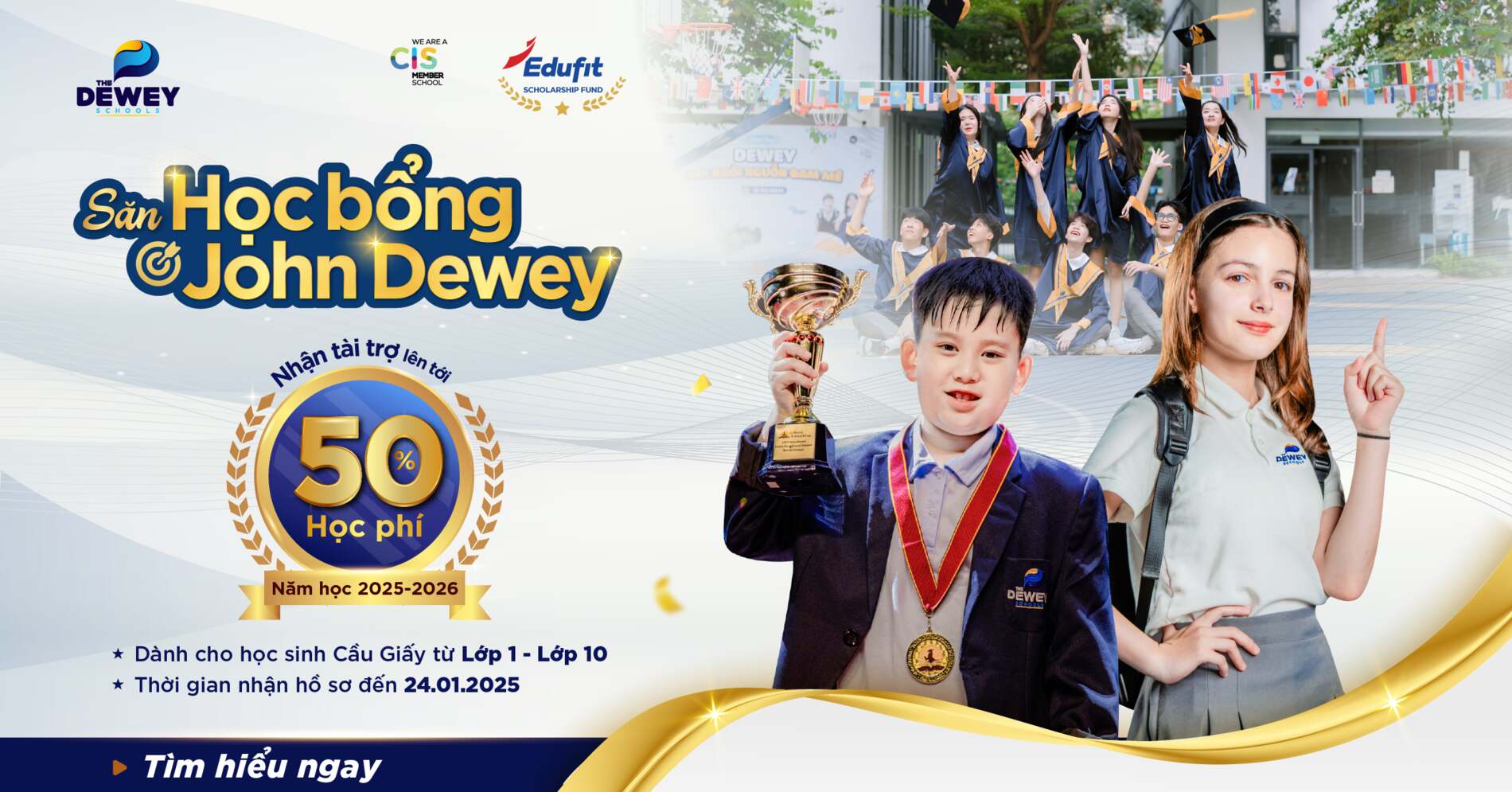The image of sleepy and distracted students in Literature class is perhaps no longer new. And perhaps in many people’s subconscious, students from international standard schools will be able to use English more fluently than Vietnamese. This, in a number of environments, is not wrong. At The Dewey Schools, however, when you see students immersing themselves in Literature, you will have to change your mind.
It is not the scores or academic achievement but the process of learning Literature – Vietnamese involving the senses of sight, sound, and touch that has helped students acquire knowledge, practice skills, and self-assess their learning performance through innovative products and projects that are breakthroughs, going beyond the traditional teaching and learning format.
Writing essays, producing cartoons and short films in the project “Worlds of Mind”.
In the 2021-2022 school year, the year-end lesson in Literature – Vietnamese for Middle & High School students was held in the form of an Open Workshop called “Worlds of Mind” – inspired by the book of the same name by Canh Buom publishing company. In other words, the year-end lesson was like a big lesson for both teachers, students, and parents to join in the theatre. Looking back, we had gone through many lessons, reviewed what we learned, learned new things, summarized the lessons, and made new experiential projects throughout the school year.
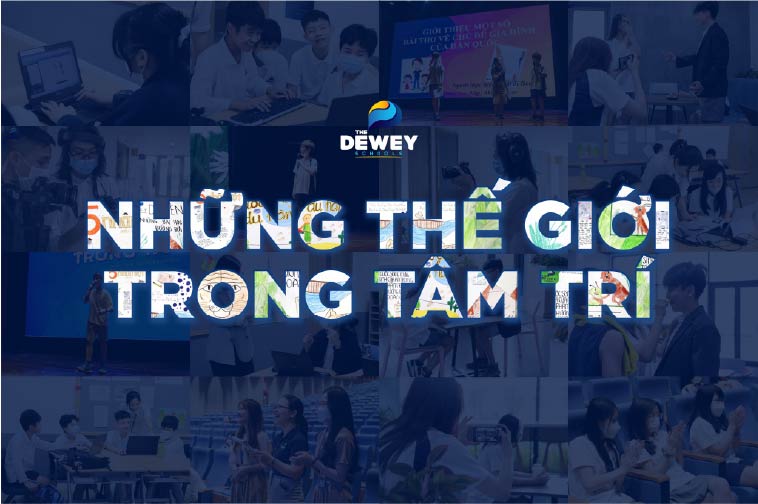
The two tasks given to students in the year-end lesson were to write individual essays and make group videos. For essays, students are allowed to choose any topic of interest related to the subject. As for group tasks, in order to work most effectively, students organized meetings by themselves, clearly divided duties, and take responsibility for their own work. TDSers took full advantage of their Literature – Vietnamese lessons, recess, and after-school time in the hope of being able to portray the most colorful “worlds” in their minds and convey meaningful messages to viewers through these “handmade” videos.
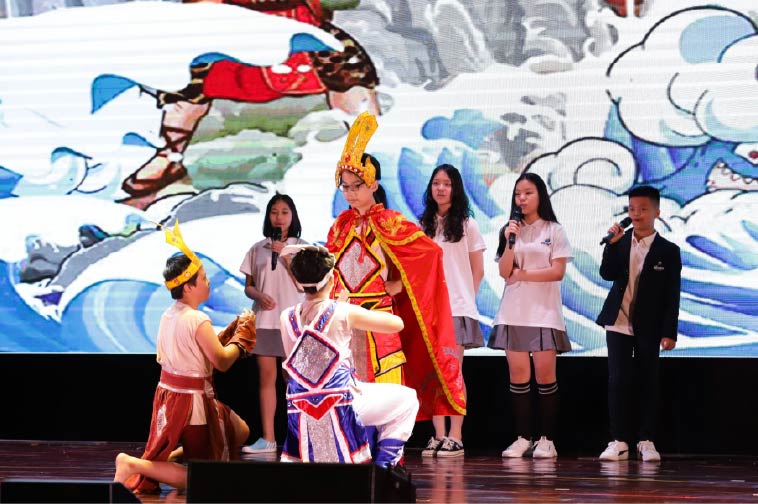
The special feature of this project was that instead of being evaluated on a 10-point scale like normal standardized tests, students were evaluated according to specific criteria for each product category. Specifically, for the essay, the evaluation criteria would be the way students brainstorm and choose their topic, their ability to build an outline, successfully write an essay, and defend the points made in the essay in front of their class. Regarding video-making, the students were evaluated based on their ideas for videos, their own scripts, filming, editing, graphic making, and teamwork. This is also how special the assessment is at The Dewey Schools. Going beyond the framework of scores or achievements, this learning method helps teachers and parents properly assess the student’s abilities and strengths, and helps them develop a real love for this subject.
Ms. Thanh Hai also added that “This learning method is what I have observed during the past few academic years. Students take an active role in showing their creativity; they are empowered to decide their own learning experience. Teachers strive not only to guide and inspire students but also to catch up with modern educational trends. I highly appreciate the efforts of the students and teachers.”
The “Worlds of Mind” project was a major demonstration of TDSers’ bravery and ability to adapt to the rapid changes in life, as well as a proud achievement that students wanted to show to teachers and parents after a special school year. Parents were also surprised by excellent essays with difficult topics and short films inspired by Gen Z’s real problems or animated films “out of the school’s screening room,” according to the Literary critic Mai Anh Tuan. Above all, the experiences the students have gained during the project implementation are the most valuable, providing them with the necessary knowledge and skills to take further steps in their learning and development journey later in life.
Theatricalization of literary works
The theatricalization of literary works is an engaging form of experience, promoting students’ creativity through the choice of works, group work, participation in script-writing, role-playing, and giving ideas on designing a stage that is suitable for the literary work. This is also an opportunity for students to hone and develop skills such as singing, dancing, story-telling, and acting, boosting their confidence and encouraging them to express their imagination and creative thinking as well as promoting their love for Vietnamese and Literature.
In the year-end Literature – Vietnamese event at the end of the 2021-2022 school year, Elementary School students demonstrated their own growth and learning outcomes of a school year through selected drama works. The students also confidently led their parents and grandparents to visit the product showcase and introduce the works they had done at school. After the theatricalization of literary works, the “adults” once again deeply felt the meaning of Literature – Vietnamese in the development of their children. Rather than merely watching and listening, grandparents and parents also participated in games related to the topics that the children learned at school, such as rhyming, matching sentences, making Luc Bat poems, guessing words, etc. This was to help parents experience and better understand the special curricula and learning methods at The Dewey Schools.
At the year-end lesson event, Mr. Bui Ngoc Son – a parent happily shared that: “As a parent of 2 children studying at The Dewey Schools, I also had the opportunity to participate in many similar year-end events. The feelings in each event are not the same, but one thing in common is that they all make me extremely emotional. What is the most visible to me is the growth of my children when they study offline at school under the guidance of the teachers.”
Gen Z at TDS study Literature in their own way
Dewey students approached and experienced the project “The Tale of Kieu in the Heart of People” in a unique way in the Literature subject for Grade 9. In this project, with the guidance of teachers, The Tale of Kieu went beyond a classic literary work to become the source of inspiration for “masterpieces” to be produced by students.
Students made documentaries, wrote essays, practiced Kieu fortune-telling, tried reciting Kieu, designed Kieu-themed Tarot cards, made sketches, etc. Through a wide range of formats, students well presented the knowledge they had obtained. One of those impressive products is the train ticket for the train from Hanoi to Ha Tinh, the hometown of Nguyen Du. By portraying the characters and extracting specific lines from The Tale of Kieu, the students created a unique train ticket, reminding people of the sceneries “portrayed by the words” as a way to honor the great author of Vietnam.
Students at The Dewey Schools also designed two sets of Tarot cards and poker cards with selected excerpts and images from the classic poem. The two sets of cards are considered the “recreation” of Kieu’s fortune-telling that they had been studying during the project. This is clear evidence of the fact that, regardless of the time, the cultural and traditional heritages of the nation will still be preserved and enjoyed in different ways.
The poster called “A Collection of Kieu” portrays the important scenes in the poem with creative illustrations, allowing readers to easily access and explore the class work. And it would be a mistake not to mention the handmade “New Year Reading,” an interesting product conveying funny predictions for the future as well as meaningful lessons as another way for people to experience the masterpiece of Vietnamese literature.
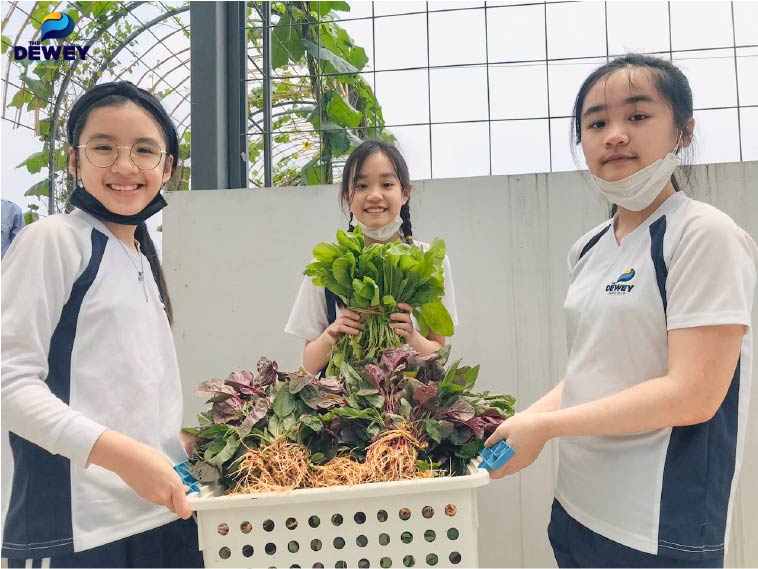
That students approached The Tale of Kieu in different ways is a big step in enjoying and honoring this great work. We can clearly see how Kieu is loved by the students as well as the efforts they had invested in studying and promoting this work to people.
Literature and Vietnamese are not boring subjects, but it truly is difficult to attract students without knowing how to relate the content to real life. With that concern, the Social Science teachers team at The Dewey Schools have made great efforts to organize “real study – real practice” activities with hands-on projects to create excitement and pull students closer to Literature – Vietnamese.
